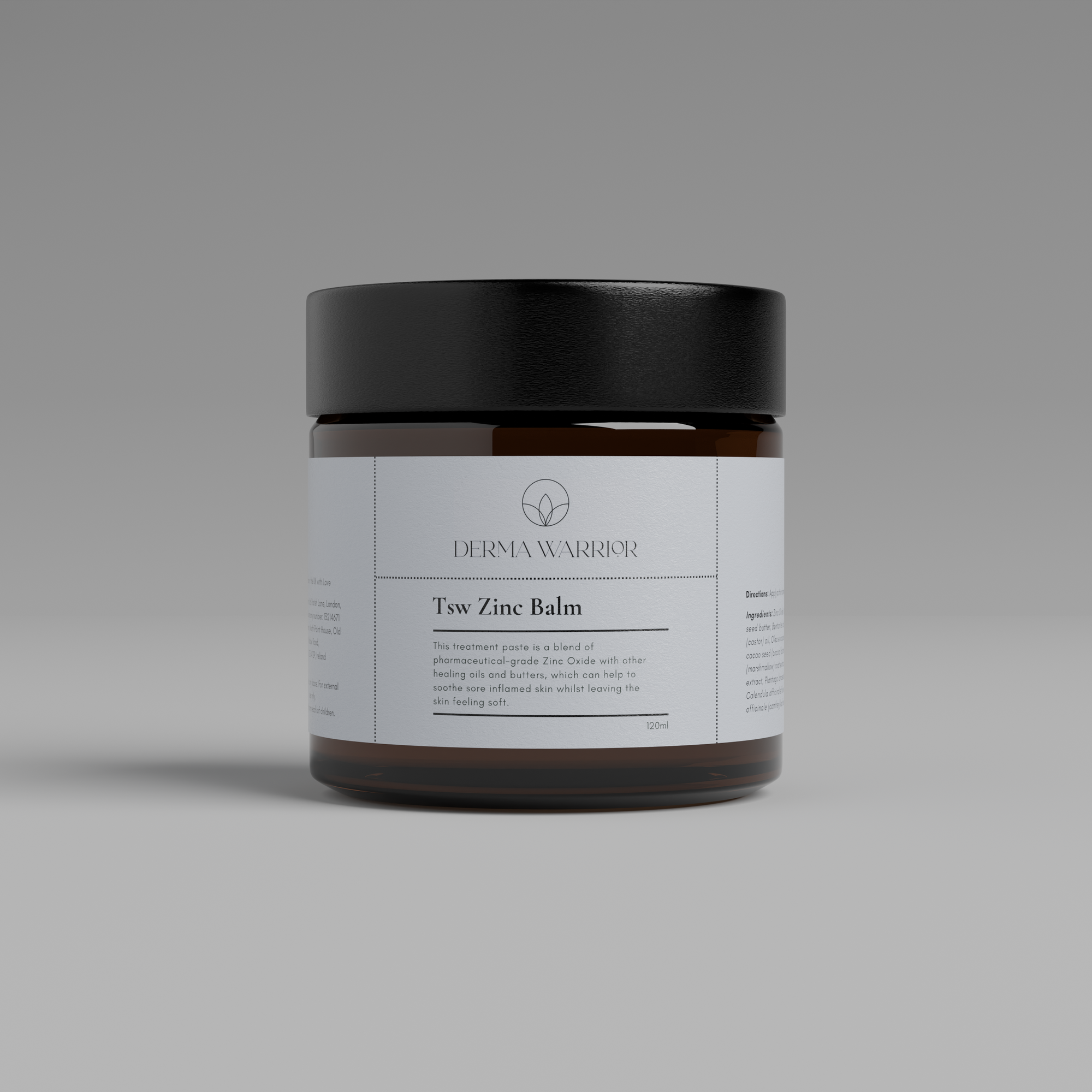Visiting the GP should feel like a collaborative effort to understand and address your health concerns. But for many, especially those with chronic or misunderstood conditions like eczema, psoriasis, or topical steroid withdrawal (TSW), the experience can sometimes be frustrating. In some cases, patients report feeling dismissed, ignored, or even gaslit, where their concerns are minimized or invalidated.
This kind of experience can damage trust, delay healing, and leave patients feeling powerless or reluctant to seek further help. It’s important to remember that you are your best advocate when it comes to your health. Here, we’ll talk about how you can better advocate for yourself at the GP, and what steps you can take to ensure your voice is heard.
What is Gaslighting in Healthcare?
Gaslighting in healthcare occurs when medical professionals dismiss or undermine a patient's symptoms, attributing them to exaggeration, stress, or anxiety rather than addressing the issue at hand. For those experiencing chronic skin conditions, this might look like being told, “It’s just dry skin,” or, “You’re overreacting,” when you know there’s something more going on.
While most healthcare professionals want to help, time pressures, lack of awareness about specific conditions, or biases can sometimes lead to patients feeling unheard or invalidated. This can have a long-lasting impact on mental health, delay much-needed treatment, and make it harder for patients to trust medical professionals in the future.
Advocating for yourself doesn’t mean confronting your GP, it means equipping yourself with tools to ensure you’re taken seriously and get the help you need.
4 Ways to Advocate for Yourself at the GP
1. Come Prepared with Information
It’s not always easy to articulate what you’re going through, especially when you’re dealing with a complex or poorly understood condition. Before your appointment, take time to:
- Keep a Health Diary: Record your symptoms, triggers, and any changes you’ve noticed. Include photos if your condition is visible, such as a rash or flare-up.
- Do Your Research: While it’s not your job to be a medical expert, having a basic understanding of your condition can help you ask the right questions and discuss potential treatment options.
- Write Down Questions: This ensures you won’t forget anything during the appointment and helps you stay focused, even if emotions run high.
Being prepared with clear information shows that you take your health seriously and can help guide the conversation in a constructive way.
2. Speak Up About Your Experience
If you feel dismissed or unheard during your appointment, don’t be afraid to respectfully advocate for yourself. Phrases like:
- “I understand what you’re saying, but this is affecting my daily life, and I’d like to explore other possibilities.”
- “I’d like to get a second opinion or referral to a specialist.”
- “I feel like this hasn’t been fully addressed. Can we dig deeper into what might be causing this?”
Your voice matters. By calmly and firmly asserting your concerns, you can encourage a more collaborative approach to your care.
3. Bring Support if Needed
Advocating for yourself can feel intimidating, especially if you’ve had negative experiences in the past. Bringing a trusted friend, family member, or partner to your appointment can provide emotional support and help ensure your concerns are communicated effectively. They can also take notes or remind you of questions you wanted to ask.
Sometimes, having someone else in the room can also make healthcare professionals take your concerns more seriously, as it adds accountability to the conversation.
4. Don’t Be Afraid to Seek a Second Opinion
If you’ve tried advocating for yourself and still feel dismissed, it’s okay to look for help elsewhere. Whether it’s seeing another GP, asking for a referral to a specialist, or consulting with a dermatologist, your health is too important to settle for subpar care.
Remember, asking for a second opinion isn’t about being difficult—it’s about ensuring you receive the best care possible for your unique needs.
Why Advocating for Yourself Matters
Advocating for yourself isn’t just about getting answers, it’s about reclaiming your confidence in managing your health. Feeling dismissed or gaslit can make you doubt yourself, but you know your body better than anyone else. The more you assert your needs, the closer you’ll get to finding the right treatment and support.
For many people, learning to advocate for themselves has been life-changing. It can mean catching a misdiagnosis, discovering new treatment options, or simply feeling validated and supported. Healing isn’t just about finding the right creams or medications, it’s about trusting yourself and your care team to work together towards better health.
Final Thoughts: You Deserve to Be Heard
No one should have to navigate their health journey feeling dismissed or invalidated. While the system isn’t perfect, taking steps to advocate for yourself can make a big difference in your care and overall well-being.
Remember, your skin journey matters, and so does your voice. If you’ve ever felt ignored or unheard by a healthcare provider, know that you’re not alone, and that healing starts with trusting yourself to speak up.
Have you experienced challenges at the GP or felt dismissed about your skin condition? We’d love to hear your story. Share your experiences in the comments or tag us on social media to keep the conversation going. Together, we can help empower each other to advocate for the care we deserve.




